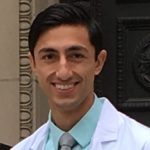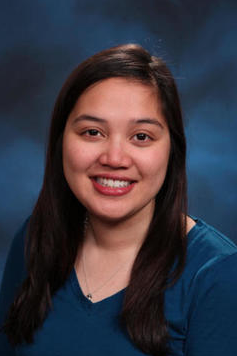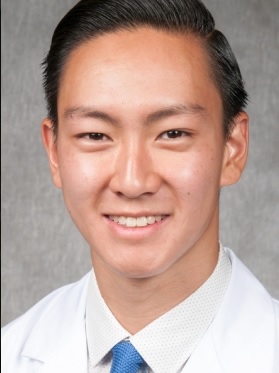Is There a Place for Qualitative Research in Medicine?
Conducting research in vulnerable populations and historically marginalized groups can be a delicate process, and because of this, safeguards intended to protect these exact groups can ultimately hinder the research process.




